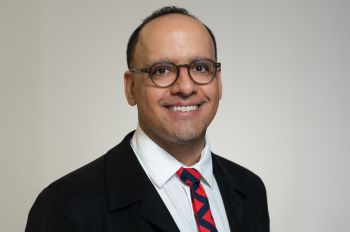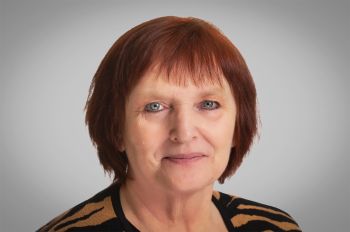First Labor Law Symposium Focused on Alt-Labor to be Held at Chicago-Kent College of Law
CHICAGO, Nov. 5, 2019—With the Fight for $15 minimum-wage movement, and nationwide strikes by Google employees and Uber and Lyft drivers, groups of nonunionized workers organizing to advocate for their rights have become part of a growing trend in what’s being called the alt-labor movement.
Chicago-Kent Law Review is hosting an all-day symposium, “Alt-Labor: The State of the Law of the New Labor Movement,” on the alt-labor movement and labor law on November 14, 2019. The symposium will bring together academics and legal practitioners to discuss non-traditional labor organizing, including workplace protections, advocacy, and alternative bargaining issues. The symposium is being organized by César F. Rosado Marzán, professor and co-director of Institute for Law and the Workplace at Chicago-Kent, and Michael M. Oswalt, associate professor of law at Northern Illinois University College of Law.
As membership in traditional unions continues to decline, low-wage and gig economy workers are increasingly forming coalitions focused on improving workers’ lives. Chicago is home to several of these worker centers and workers’ alliances. This diverse group—which include temporary workers, warehouse workers, domestic workers, day laborers, independent contractors, undocumented immigrant workers, and restaurant workers—is generally unprotected by many traditional United States labor and employment laws.
“The questions, to me, are whether there is law that is developing for this group we call alt labor, and if that law promises to fill the gaps left by the old system, improve that system, complement that system, or if it’s doing nothing effective at all,” said Rosado Marzán.
The Chicago-Kent Law Review will publish a volume of articles focused on alt-labor law following the symposium, which will serve as a research tool for academics, policymakers, and legal practitioners in this emerging area of law.
The event is free and open to the public. Lawyers can also receive continuing legal education credit. To learn more about the conference and to register, click here.



